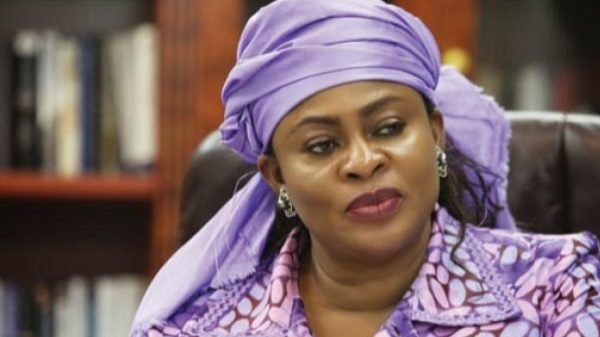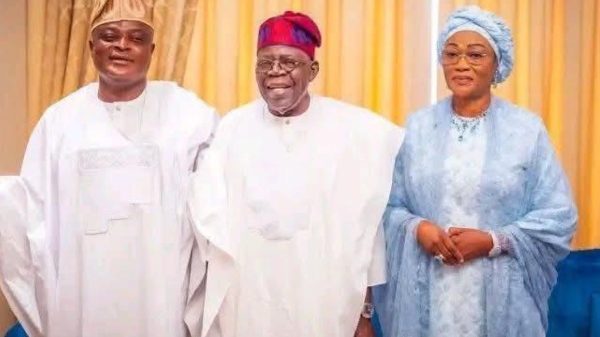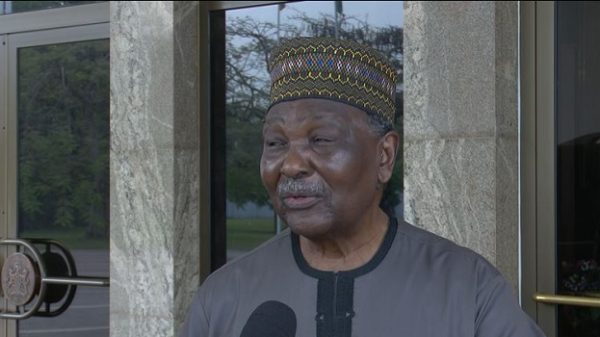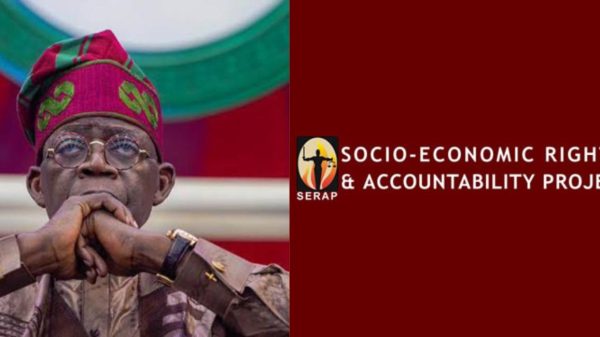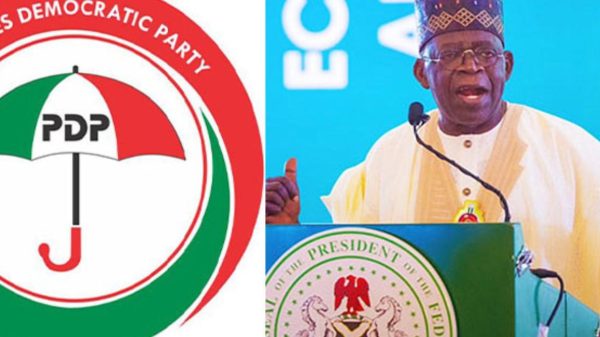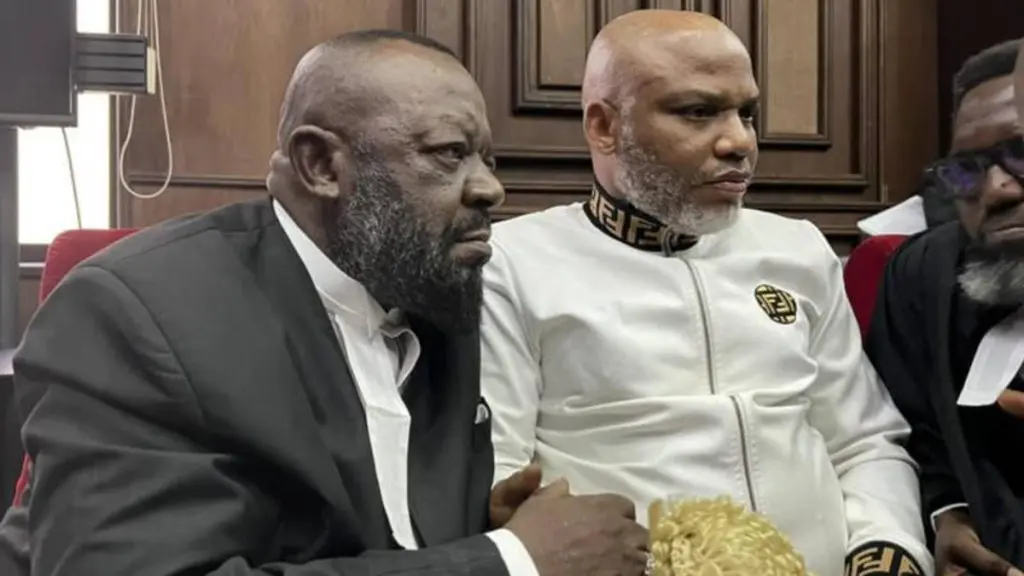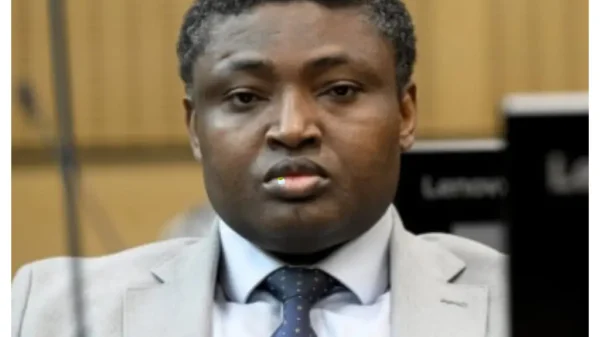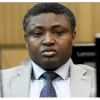On May 21, 2025, the Federal High Court in Abuja witnessed heightened tensions during the ongoing trial of Nnamdi Kanu, leader of the Indigenous People of Biafra (IPOB). The presiding judge, Justice James Omotosho, expressed strong disapproval of the social media activities of Aloy Ejimakor, a member of Kanu’s legal team.
The Federal Government, represented by Chief Adegboyega Awomolo, SAN, opposed a request from Kanu’s family to live-stream the court proceedings. Awomolo highlighted concerns over the dissemination of misleading information on social media platforms, particularly pointing to Ejimakor’s posts, which he described as “embarrassing and unpleasant commentaries.”
In one instance, Ejimakor reportedly called on ‘Biafrans’ via Facebook to rise against the perceived persecution of Kanu. Such actions prompted Awomolo to recommend a ban on the use of phones within the courtroom to prevent unauthorized recordings and postings.
Kanu’s lead counsel, Kanu Agabi, SAN, acknowledged the concerns raised and offered a formal apology on behalf of Ejimakor, assuring the court that such conduct would not recur.
Justice Omotosho, addressing the matter, criticized the unprofessional behavior exhibited by members of Kanu’s legal team. He likened their actions to those of “content creators” more interested in publicity than the legal process. The judge warned that continued misconduct could lead to disciplinary actions, including potential disbarment.
The judge emphasized the importance of maintaining decorum and professionalism within the courtroom, especially in high-profile cases that attract significant public attention. He reiterated his commitment to an accelerated hearing to ensure a fair and timely trial for all parties involved.
Following the admonitions, the court proceeded with the cross-examination of the second prosecution witness, identified as BBB, a Department of State Services (DSS) operative. Under questioning by defense counsel Paul Erokoro, SAN, the witness clarified that the DSS operates under the Office of the National Security Adviser and is not influenced by political figures or the Attorney General.
The witness also shed light on the DSS’s intelligence-gathering methods, noting the use of various sources, including human intelligence and social media monitoring.
This development underscores the judiciary’s stance on upholding the integrity of legal proceedings and the necessity for all parties to adhere strictly to courtroom protocols.



